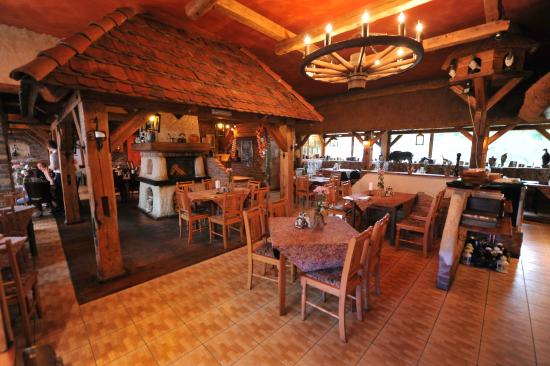Silesian
WELCOME TO Silesian
Region Overview
Katowice
12,333 km2
4.5 million
Polish

Popular
Geography and Tourist Attractions
Information about the province's tourist attractions, including popular destinations, events, and activities.
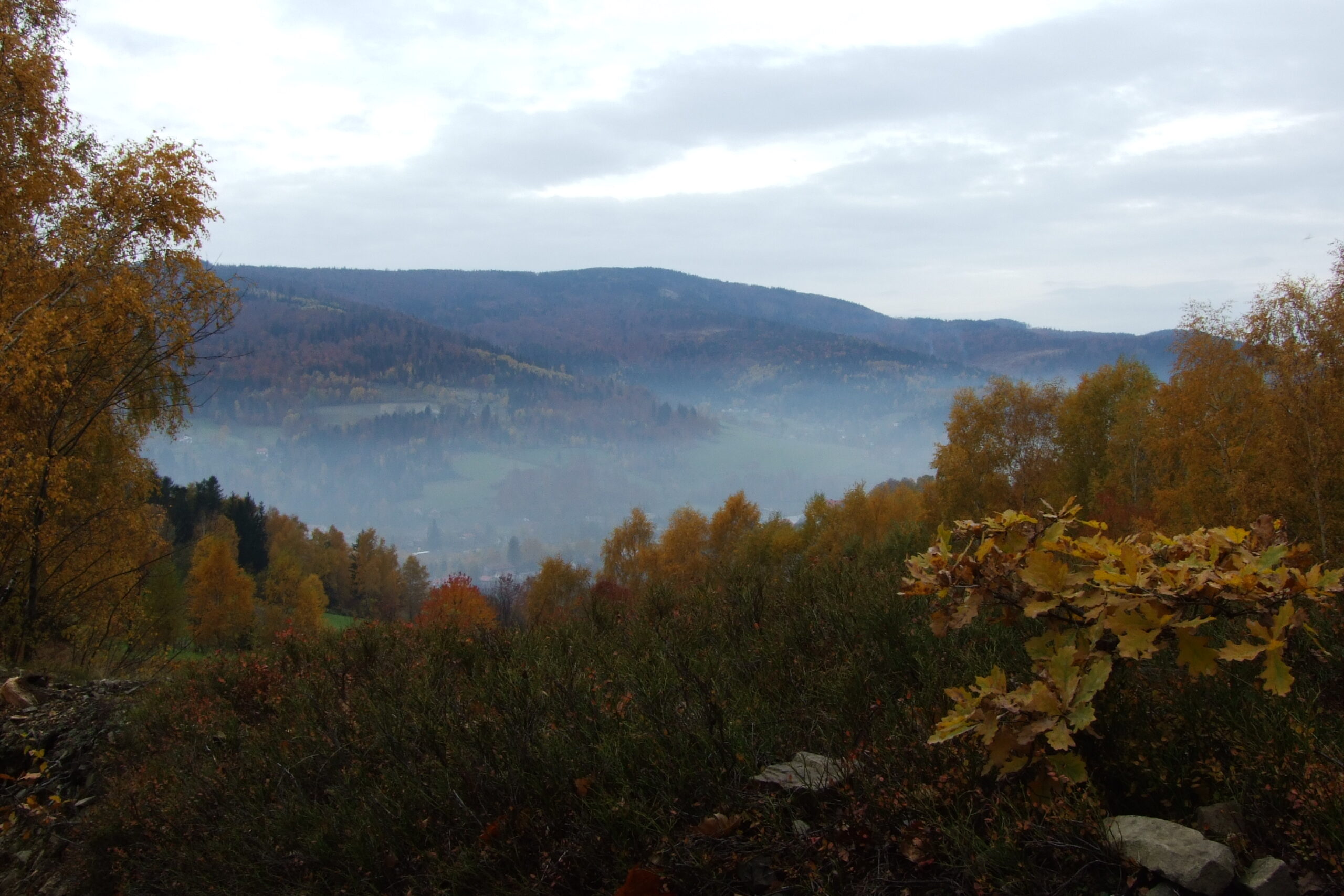
Silesian Beskids
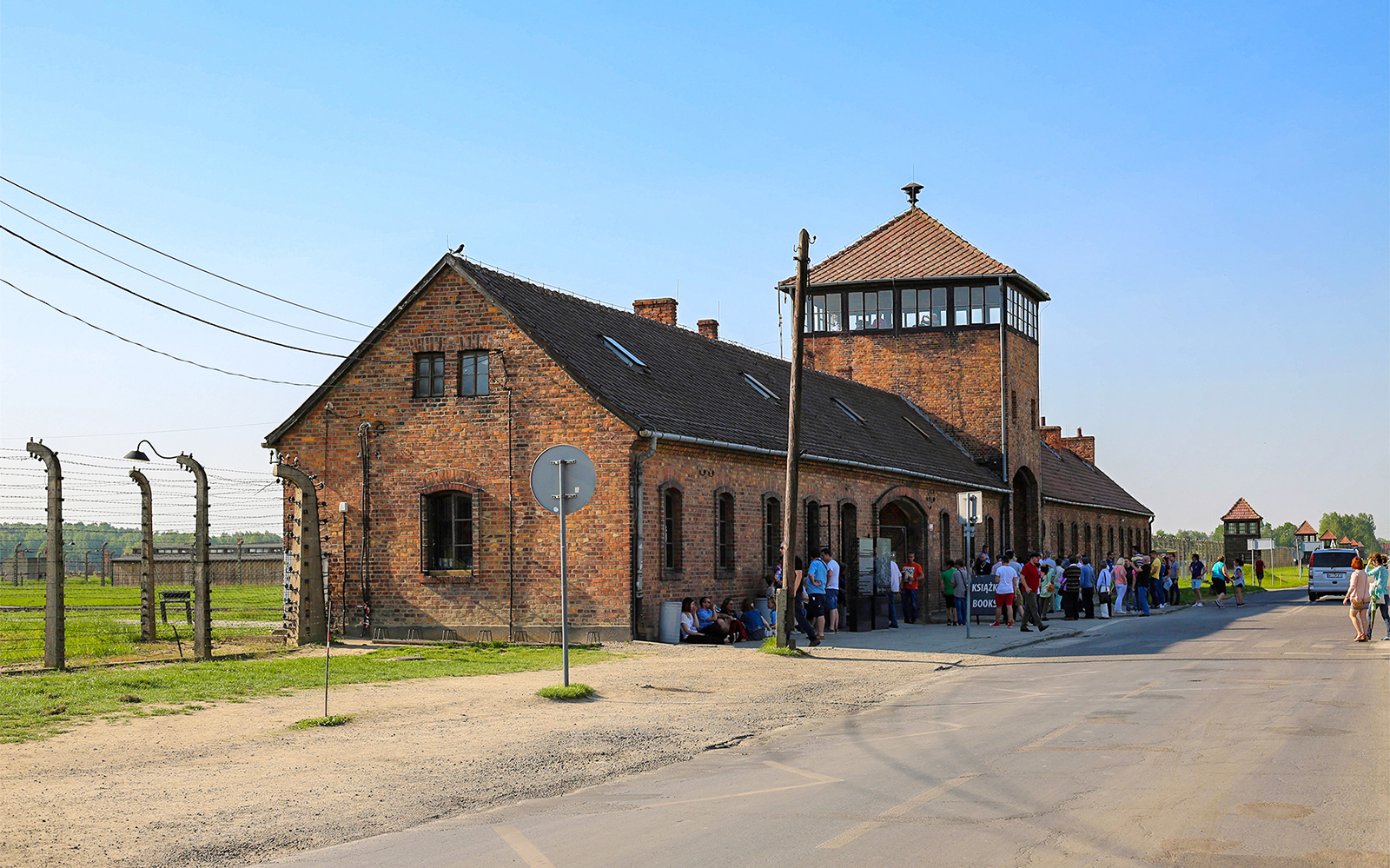
Auschwitz-Birkenau Memorial and Museum
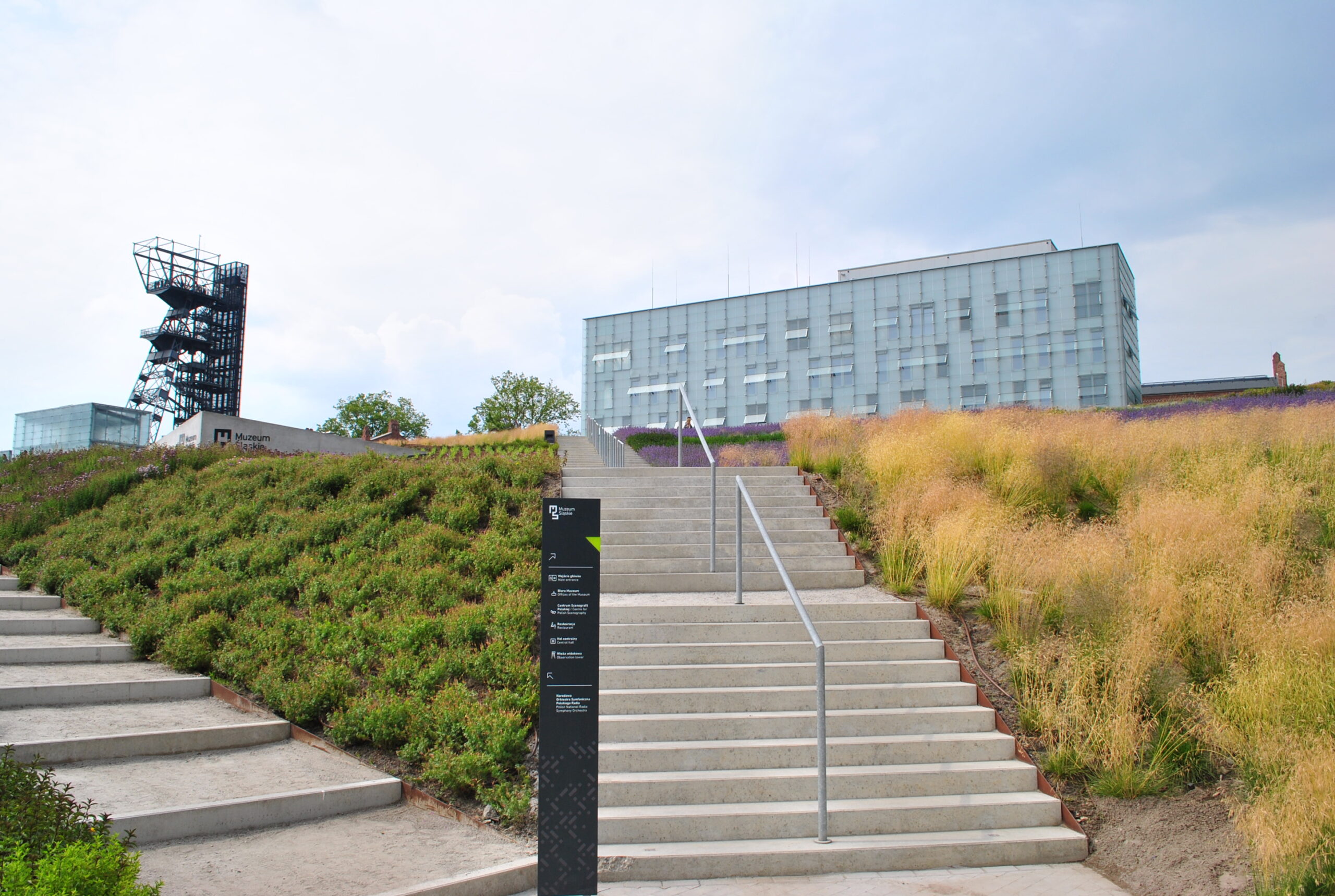
Silesian Museum
Political
Economy and Government
The Silesian region is one of the most economically important regions in Poland. The region's main industries include coal mining, steel production, and heavy machinery manufacturing, with many major international corporations having their headquarters in the area. The region also has a well-developed transport infrastructure, including a major international airport in Katowice, as well as numerous highways and railways that connect the region with other parts of Poland and Europe.
In terms of government, the Silesian region has its own regional government, which is responsible for overseeing local public services and implementing regional policies. The regional government is led by the Marshal of the Silesian Voivodeship, who is elected by the regional council. The region is further divided into numerous smaller administrative units, including districts, towns, and municipalities, each with their own elected councils and mayors. Overall, the Silesian region is an important economic and political center in Poland, with a strong and diverse economy and a well-established system of regional governance.
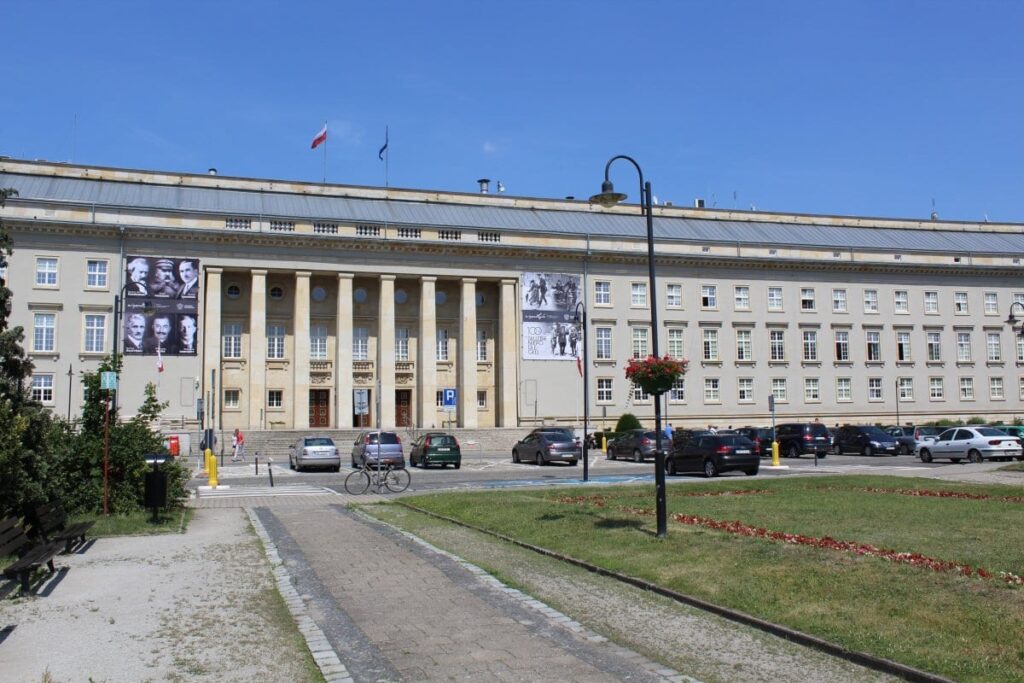
History
History and Culture
The Silesian region has a rich and complex history that has shaped its culture and identity. Historically, the region was home to a diverse mix of ethnic groups, including Poles, Germans, Czechs, and Jews, and was an important center of mining, industry, and trade in Central Europe. The region has also been a site of conflict and division, with numerous border changes and territorial disputes over the centuries.
In terms of culture, the Silesian region has a distinct identity that reflects its history and geography. The region has a rich folk tradition, with unique music, dance, and cuisine that blend Polish, German, and Czech influences. The region is also home to numerous cultural institutions, including museums, theaters, and galleries, that showcase the history and art of the region. One notable example is the Silesian Museum in Katowice, which features an impressive collection of art and artifacts related to the history and culture of the region. Overall, the Silesian region is a fascinating and vibrant cultural destination that offers a glimpse into the complex and dynamic history of Central Europe.
HOTELS
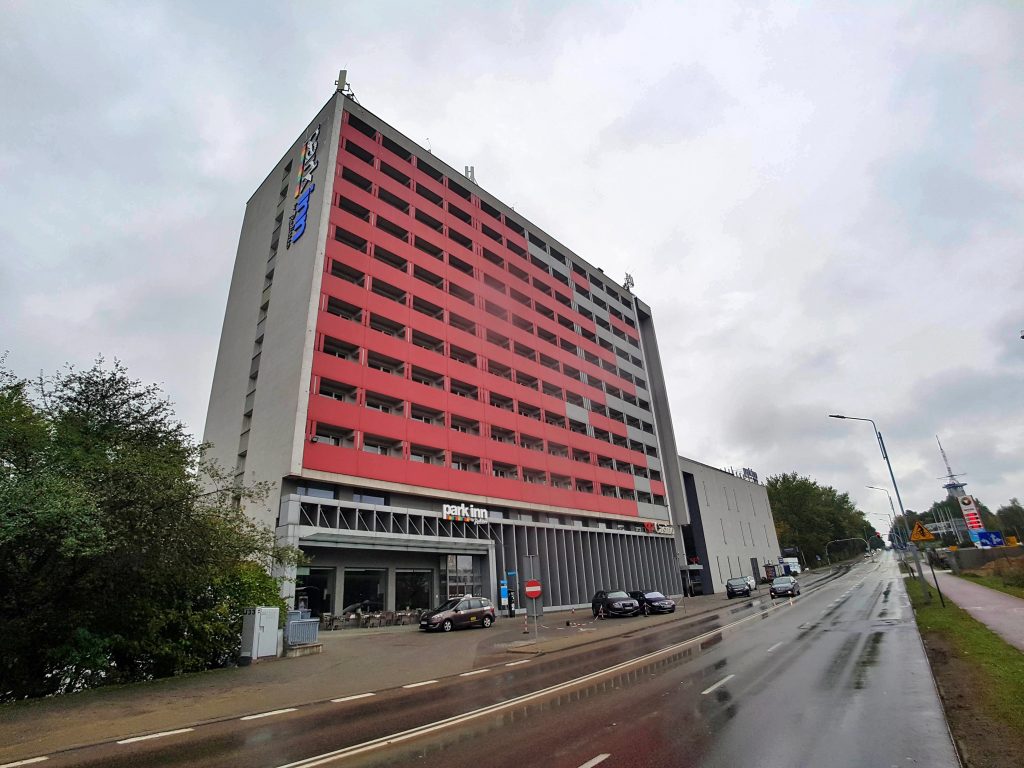
Park Inn by Radisson Katowice
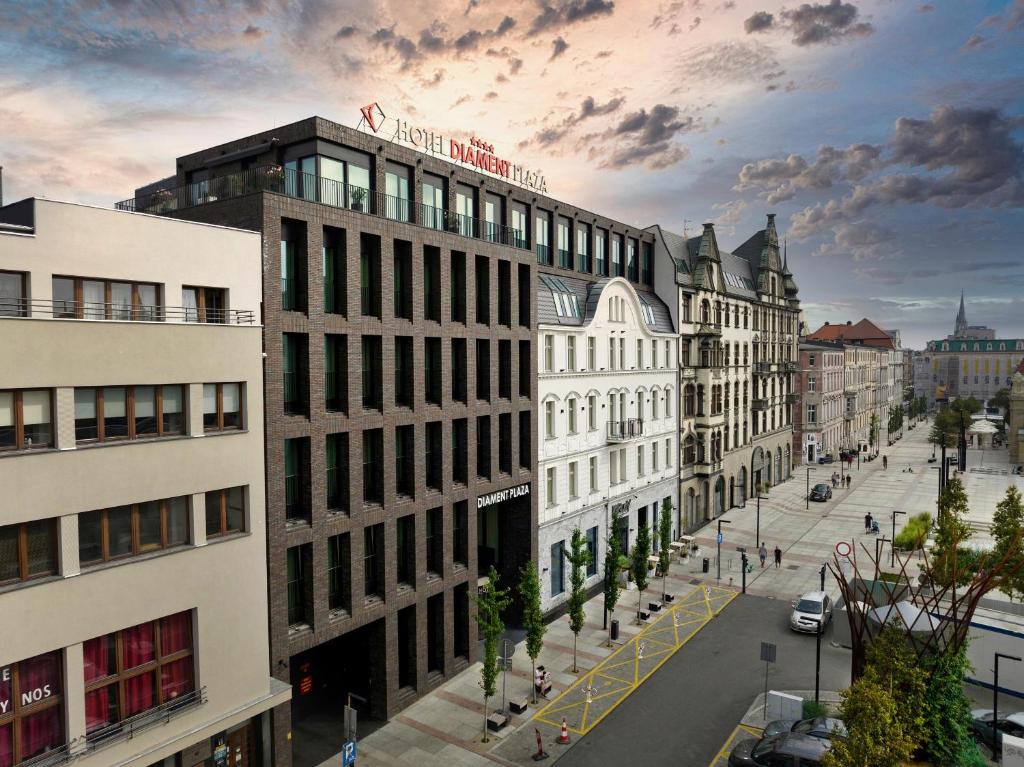
Hotel Diament Plaza Katowice
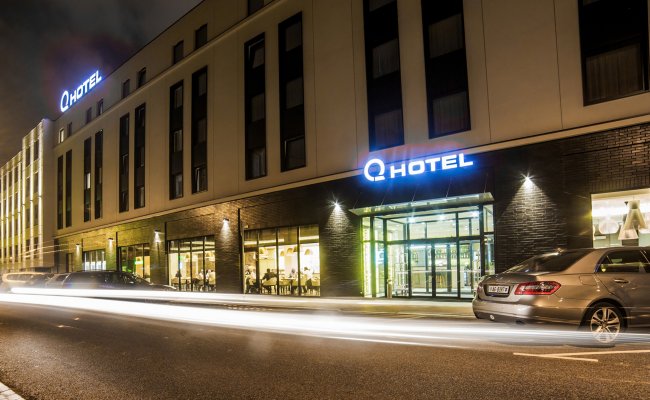
Q Hotel Plus Katowice
RESTAURANTS
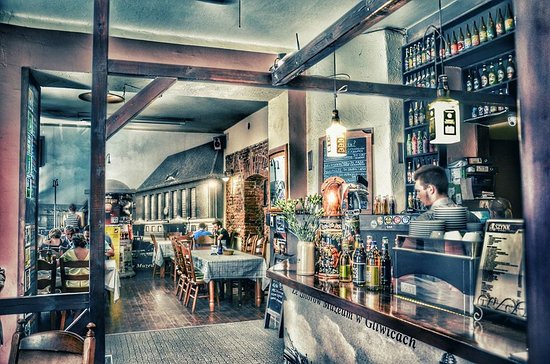
Karczma u Gulgota
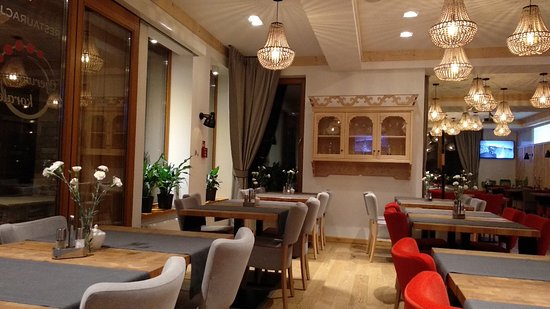
Czerwone Korale
